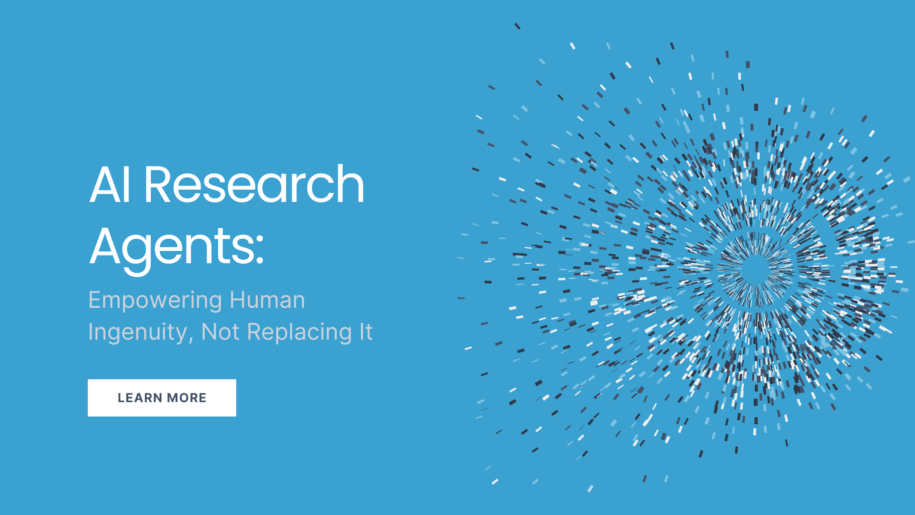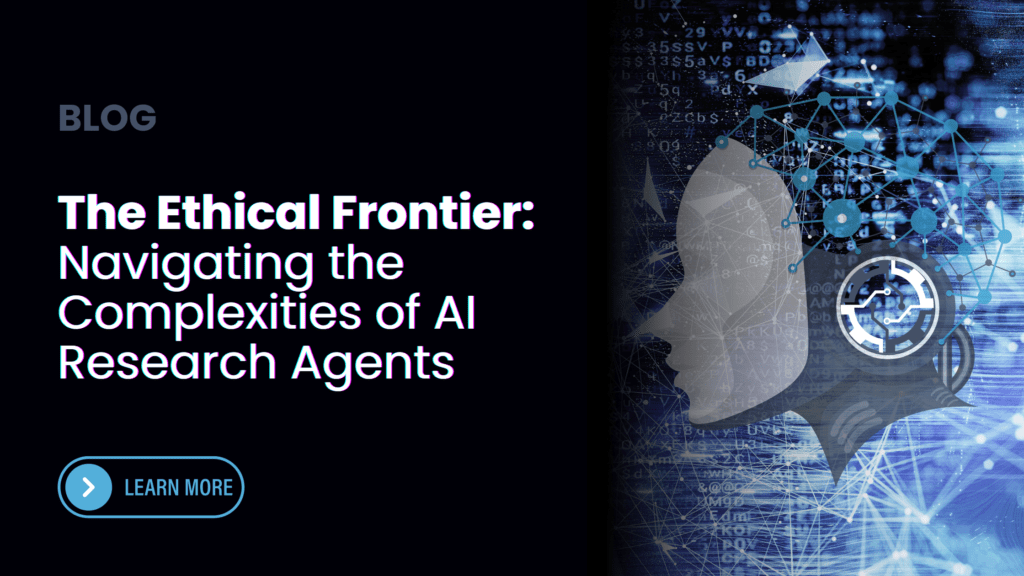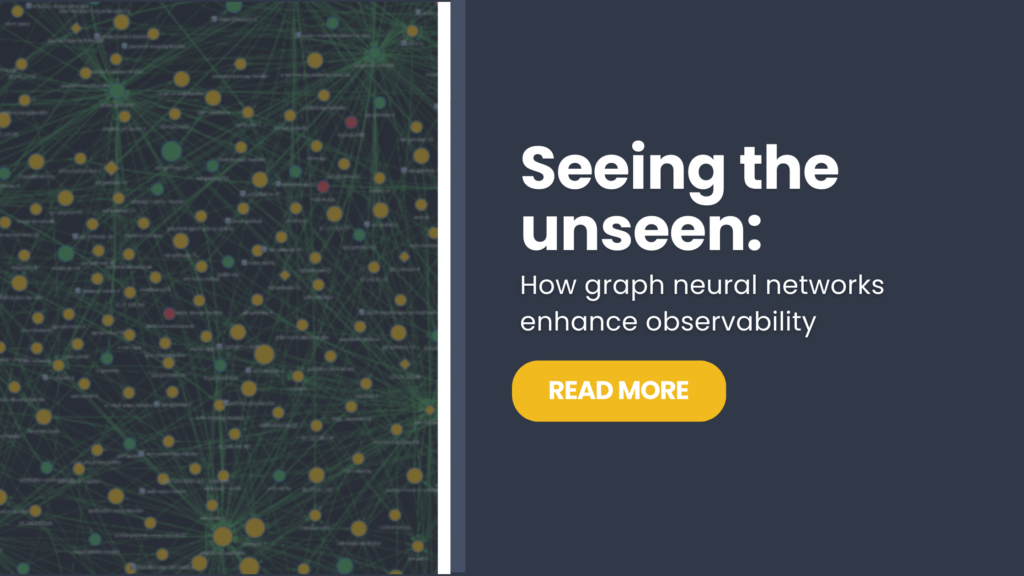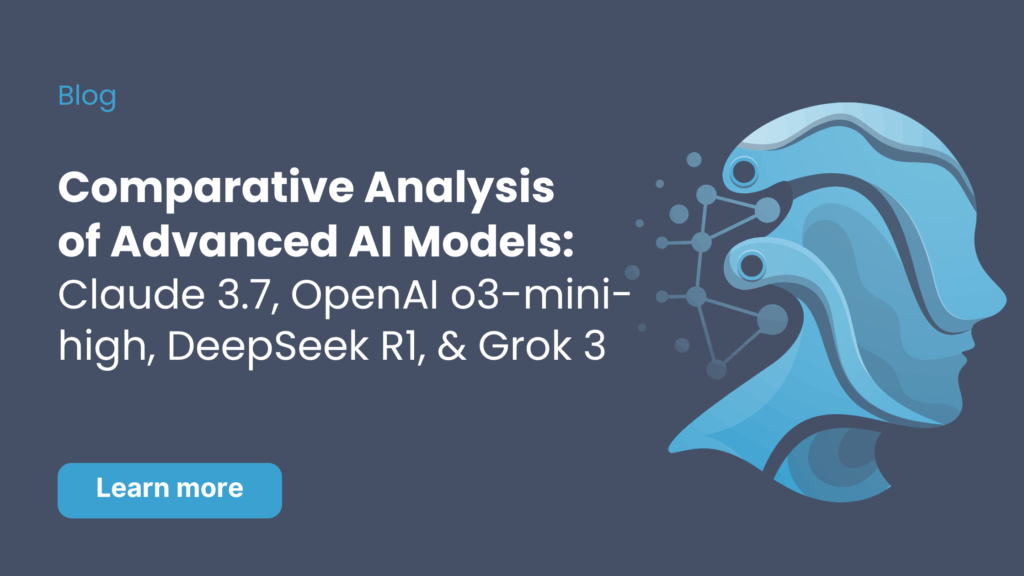The rise of AI is causing understandable apprehension. Will robots take our jobs? Will AI eventually outsmart and supersede humanity? While these are valid questions, they often overshadow a more immediate and equally important reality: AI as a powerful tool that can augment and amplify human abilities, especially in research.
The Power of Partnership: Humans and AI
The concept of AI research agents is at the forefront of this transformative shift. These sophisticated AI systems are designed to delve deep into complex subjects, analyze vast amounts of data, and synthesize information in ways that would be impossible for a human alone. However, it’s crucial to understand that these agents are not intended to replace human researchers; they are designed to work alongside them, forming a powerful partnership.
How AI Augments Human Researchers
AI research agents bring a unique set of strengths to the table:
- Unparalleled Speed and Scalability: AI can process and analyze data at speeds and scales that dwarf human capabilities. This means that tasks like literature reviews, data mining, and initial hypothesis testing can be completed much more quickly and efficiently.
- Objective Analysis: AI can analyze information objectively, free from the biases that can sometimes cloud human judgment. This can lead to more accurate and reliable results.
- Pattern Recognition: AI excels at identifying patterns and connections in data that humans might miss. This can lead to new insights and breakthroughs.
The Indispensable Role of Human Expertise
While AI offers these powerful capabilities, human expertise remains essential. Humans provide:
- Context and Interpretation: AI can present data, but humans must interpret its meaning within a broader context and draw nuanced conclusions.
- Critical Thinking and Judgment: Humans are essential for evaluating the quality of AI-generated results, identifying potential flaws, and making critical judgments about their implications.
- Creativity and Innovation: True innovation often requires leaps of imagination and creative thinking—areas where humans still hold a distinct advantage.
A Symbiotic Relationship
The relationship between human researchers and AI research agents is symbiotic. AI handles the heavy lifting of data processing and analysis, freeing up humans to focus on higher-level tasks like:
- Formulating Research Questions: Humans must still define the initial research questions and guide the AI’s investigations.
- Designing Experiments: Humans play a crucial role in designing experiments and interpreting their results.
- Communicating Findings: Humans are essential for communicating research findings to others, explaining their significance, and translating them into actionable insights.
The Future of Research: Collaborative and Enhanced
The future of research is not one of humans versus AI, but one of humans with AI. By embracing AI research agents as powerful tools, we can:
- Accelerate the Pace of Discovery: AI can help us explore new frontiers of knowledge much faster than ever before.
- Tackle More Complex Problems: AI can help us unravel complex problems that have previously been intractable.
- Enhance the Quality of Research: AI can help us make more informed decisions and draw more accurate conclusions.
AI Research Agents
AI research agents are not a threat to human researchers. Instead, they are an opportunity to enhance our capabilities and amplify our ingenuity. By working together, humans and AI can achieve far more than they could alone, ushering in a new era of scientific discovery and innovation. The key is to view AI as a partner, not a replacement, and to embrace the transformative potential of this powerful collaboration.













